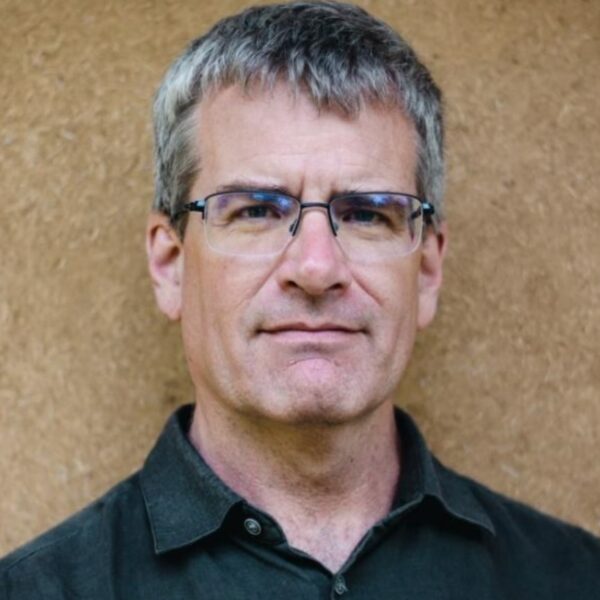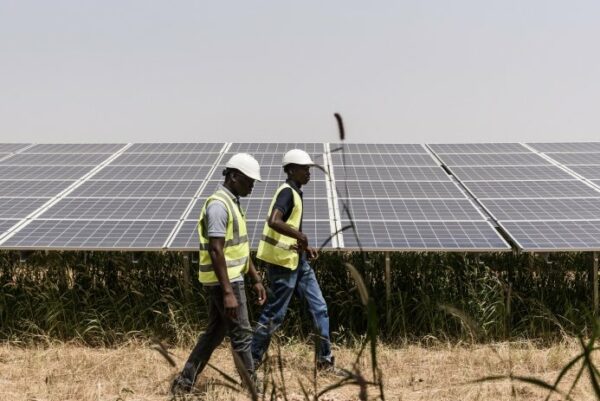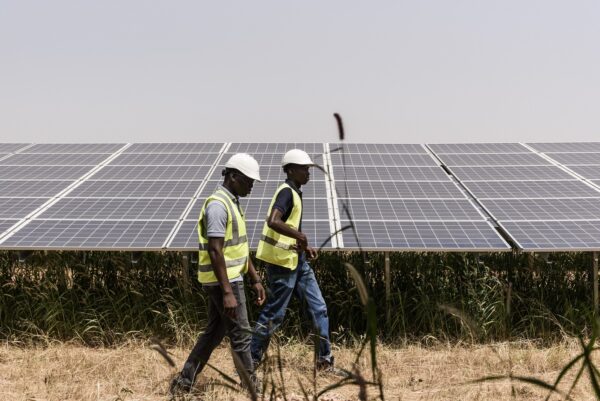Dr Robert Brecha
Senior Climate and Energy Advisor
Implementation Strategies

Bob works at the interface of energy systems analysis, policy and implementation strategies, and has helped advance Climate Analytics’ modelling capacities and tools. He has also worked with several country partners on the revisions of their Nationally Determined Contributions to the Paris Agreement, as well as other policy briefings. Since 2024, Bob has served as Senior Climate and Energy Advisor at Climate Analytics with a focus on energy system modeling and capacity building for SIDS and LDCs as part of their NDC efforts.
Bob is an experienced scientist with a focus on sustainability, energy and climate change mitigation and has published extensively in these areas. He is a Professor Emeritus of Sustainability in the Hanley Sustainability Institute and in the Renewable and Clean Energy Program at the University of Dayton (USA).
From from 2007-2015, he was founding coordinator of the Sustainability, Energy and the Environment (SEE) minor at the University of Dayton (USA), and from 2022-2024, Director of the Sustainability Program. From 2006-2017 was a regular visiting scientist at the Potsdam Institute for Climate Impact Research (PIK).
From 2018-2024, Bob served as visiting scientist and external consultant at Climate Analytics – including as interim head of energy modelling June to December 2018 – and from 2019 – 2021 was with CA funded through a European Union Marie Curie Fellowship.
Publications
- Institutional decarbonisation scenarios evaluated against the Paris Agreement 1.5°C goal
- Towards a just transition of the workplace: Baseline Analysis for the Electricity and Road Transport Sectors in Antigua and Barbuda
- Long-term strategies in SIDS: blueprints for decarbonised and resilient 1.5°C compatible economies
- Ocean Thermal Energy Conversion — Flexible Enabling Technology for Variable Renewable Energy Integration in the Caribbean
- Scaling up Climate Action in Australia
- Decarbonisation of Australia’s energy system: Integrated modeling of the transformation of electricity, transportation, and industrial sectors
- Antigua and Barbuda's national greenhouse gas reduction report
- A 1.5°C Compatible Carbon Budget for Western Australia
- Towards optimal 1.5° and 2 °C emission pathways for individual countries: A Finland case study
- Electricity access threshold for meeting non-energy SDG targets
- Global and regional coal phase-out requirements of the Paris Agreement: Insights from the IPCC Special Report on 1.5°C
- Threshold electricity consumption enables multiple Sustainable Development Goals
- Decarbonising South Asia and South East Asia
- Transformation points - Achieving the speed and scale required for full decarbonisation
- Insights from the IPCC Special Report on 1.5°C for preparation of long-term strategies
- Scaling up climate action in the European Union: Key opportunities for transitioning to a zero emissions society
- How do we limit warming to 1.5°C: informing the Talanoa Dialogue question, “How do we get there?”
- Integrated Assessment Models: what are they and how do they arrive at their conclusions?







